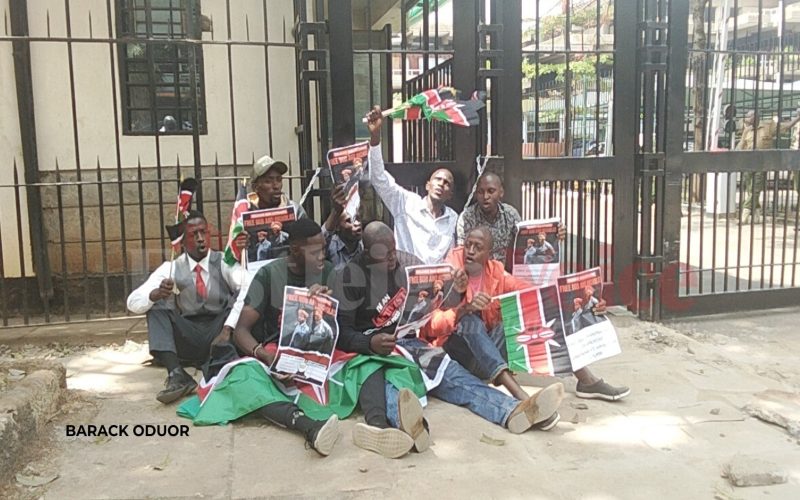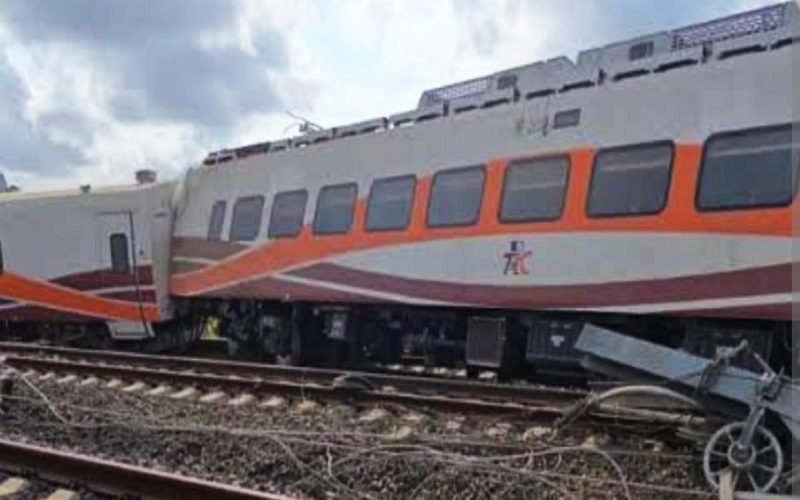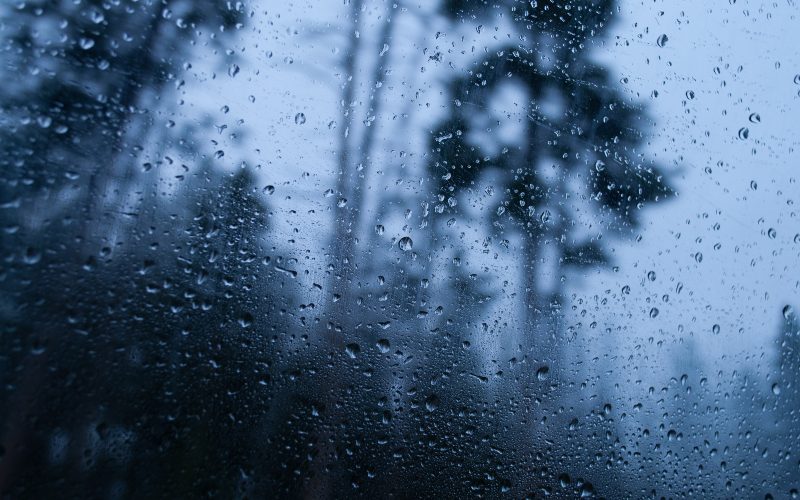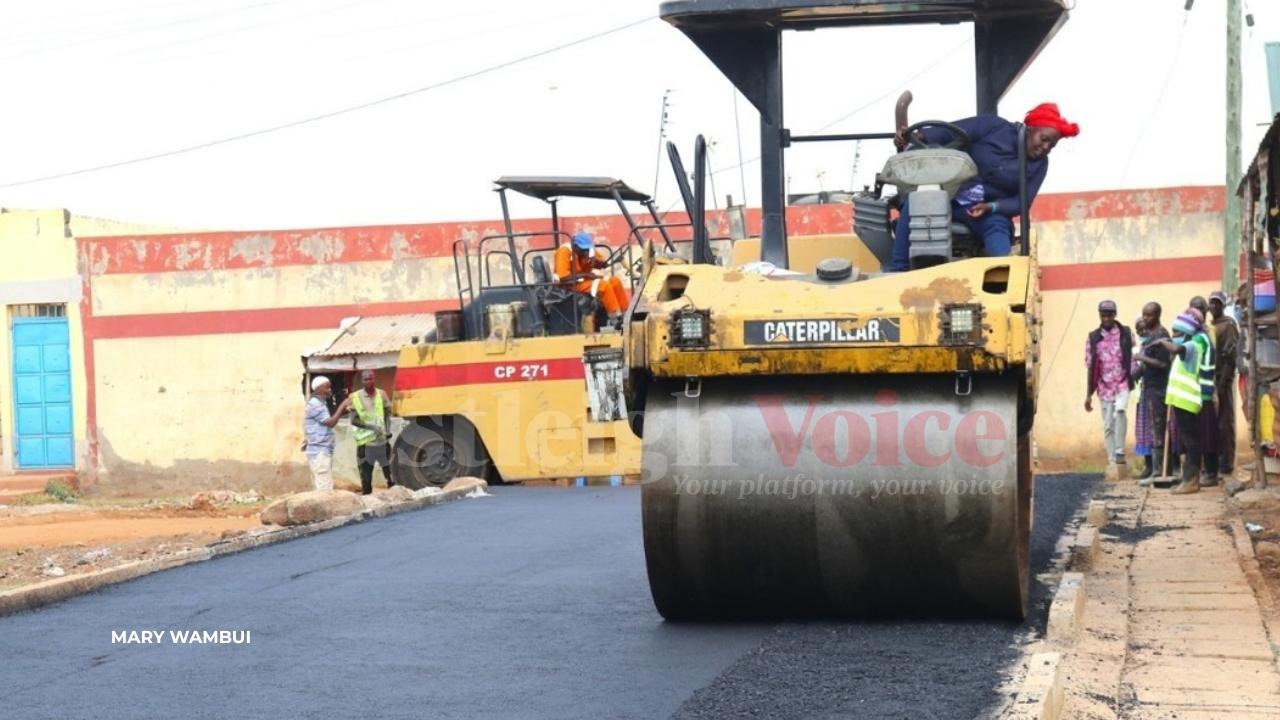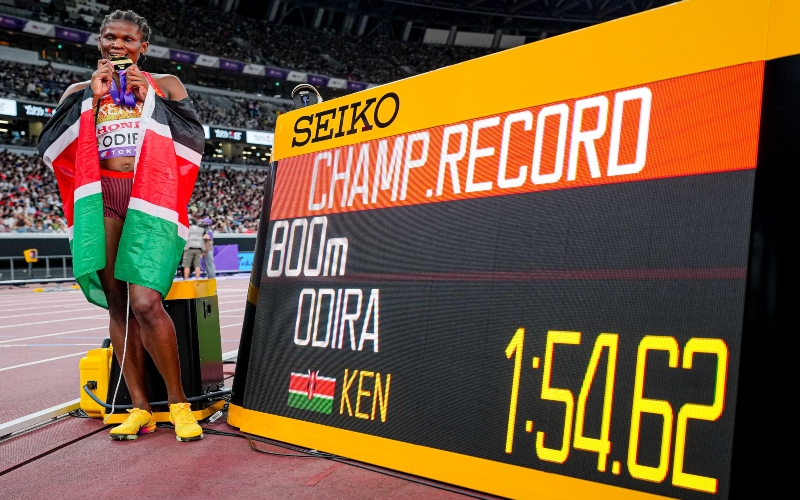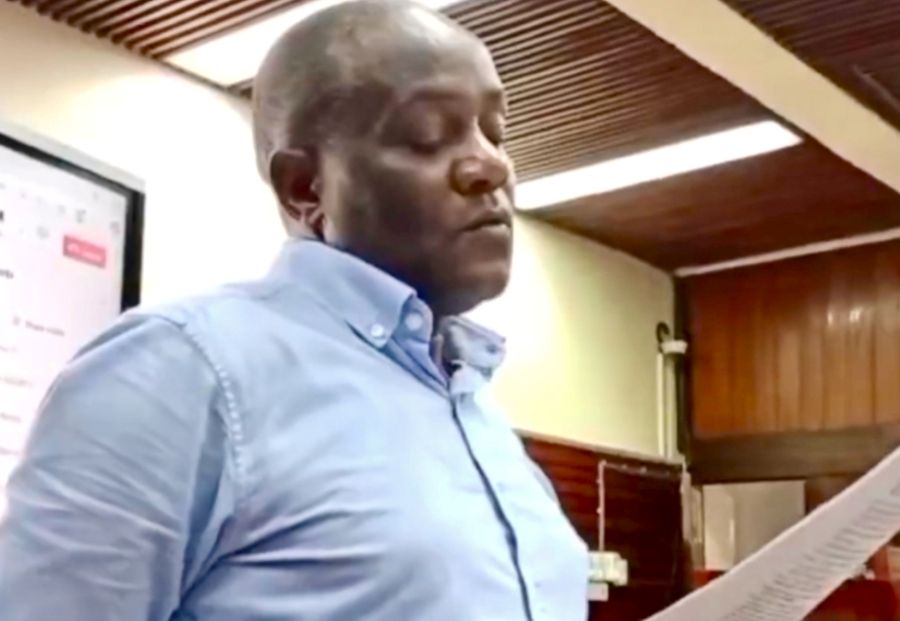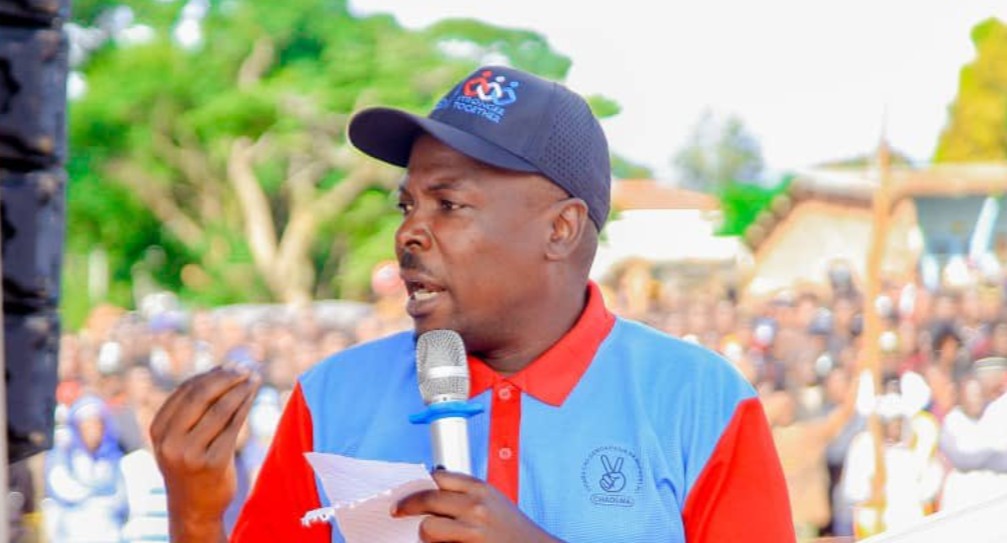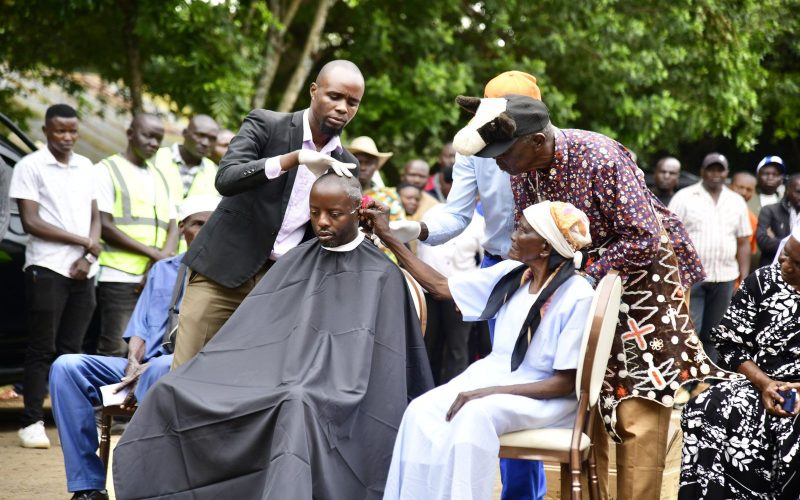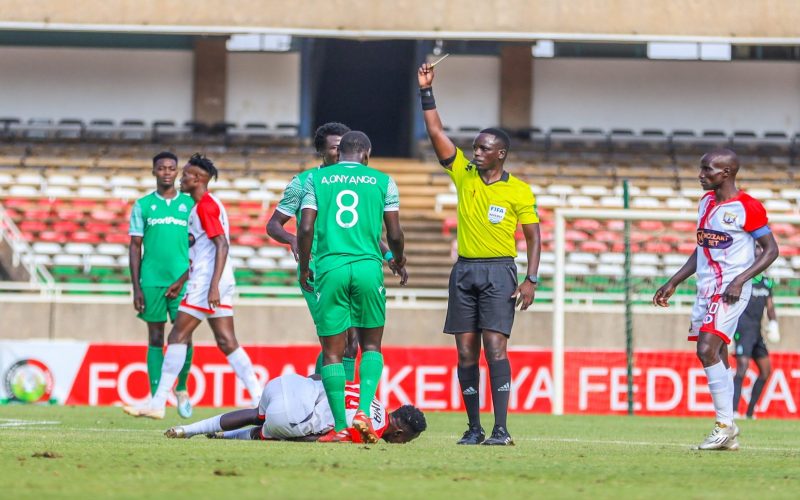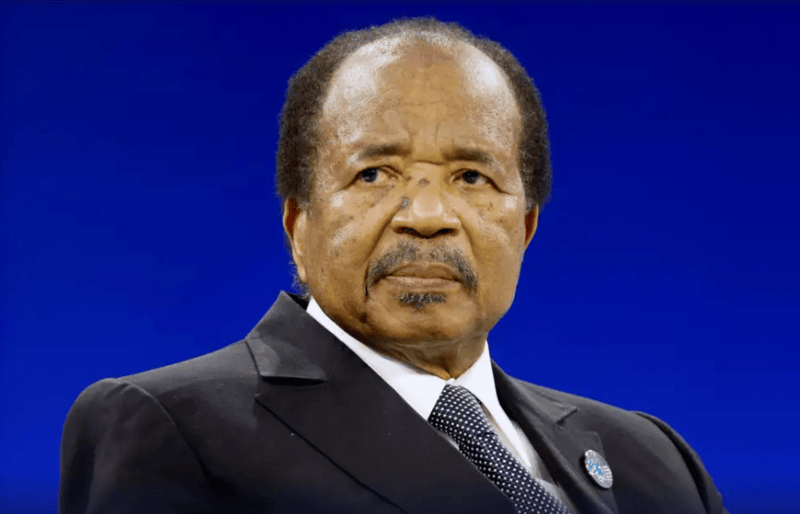South Africa will not be bullied, Ramaphosa says as tensions with US escalate
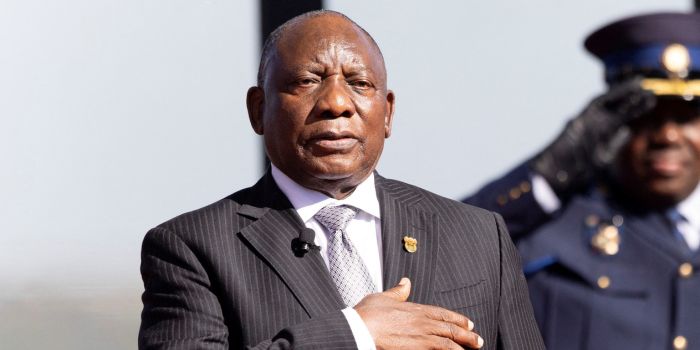
The rift between Washington and Pretoria has been widening for months, but Trump's return to the White House has accelerated diplomatic tensions.
South African President Cyril Ramaphosa has pushed back against mounting US criticism, declaring that Pretoria will not bow to external pressure or alter its policies to align with Washington's interests.
In a defiant national address on Thursday, Ramaphosa made it clear that his government remains steadfast in its commitment to an independent foreign policy.
More To Read
- Calls to rename Kruger National Park spark fresh colonial-era debate in South Africa
- Preliminary findings show no foul play in death of South Africa’s Ambassador Mthethwa
- Will the 2026 World Cup be a disaster for fans?
- Ramaphosa slams Israel, calls for release of Mandela’s grandson seized in Gaza flotilla
- Explainer: All you need to know about US gov't shutdown and its global impact
- South Africa’s Julius Malema convicted for firing gun at 2018 rally
"We won't be deterred, we are resilient, and we will not be bullied. We shall stand together in defence of our national interest and our sovereignty," he stated, signalling Pretoria's defiance amid growing tensions with the Trump administration.
His remarks follow a week of diplomatic friction, particularly after US Secretary of State Marco Rubio announced on Thursday he would boycott the upcoming G20 foreign ministers' meeting in Johannesburg, citing among his reasons South Africa's efforts to address inequality.
"I will not attend the G20 summit in Johannesburg," he said adding that, "South Africa is doing very bad things. Expropriating private property. Using G20 to promote "solidarity, equality, & sustainability." "In other words: DEI and climate change. My job is to advance America's national interests, not waste taxpayer money or coddle anti-Americanism."
Pretoria's foreign policy positions have also fueled the frictions with Washington which is frustrated with Pretoria's engagement with Russia, China, and Iran, as well as its legal challenge against Israel at the International Court of Justice (ICJ).
South Africa's decision to take Israel to the ICJ over alleged genocide in Gaza has emerged as a major point of contention. Washington views the case as a direct challenge to its Middle East policy, and Rubio's G20 snub is widely seen as a diplomatic warning shot.
However, Pretoria has remained unmoved by US objections, arguing that its stance is based on principles of international justice rather than geopolitical alignment.
Foreign Minister Ronald Lamola also weighed in, offering a nuanced rebuttal to US criticism. Invoking the African philosophy of Ubuntu—centred on collective problem-solving—Lamola emphasised South Africa's broader commitment to equity and justice on the global stage.
"We are a sovereign and democratic country committed to human dignity, equality, and rights," Lamola said, pushing back against claims that Pretoria is drifting toward an anti-Western posture.
He also dismissed accusations that South Africa's land reform policies amount to expropriation, likening them to eminent domain laws in Western democracies, including the US.
The rift between Washington and Pretoria has been widening for months, but Trump's return to the White House has accelerated diplomatic tensions.
While the Biden administration had pursued a more balanced engagement with South Africa, the Trump team has taken a more confrontational stance, particularly on economic and geopolitical issues. With South Africa set to host the G20 later this year, the diplomatic landscape is shifting.
Top Stories Today
